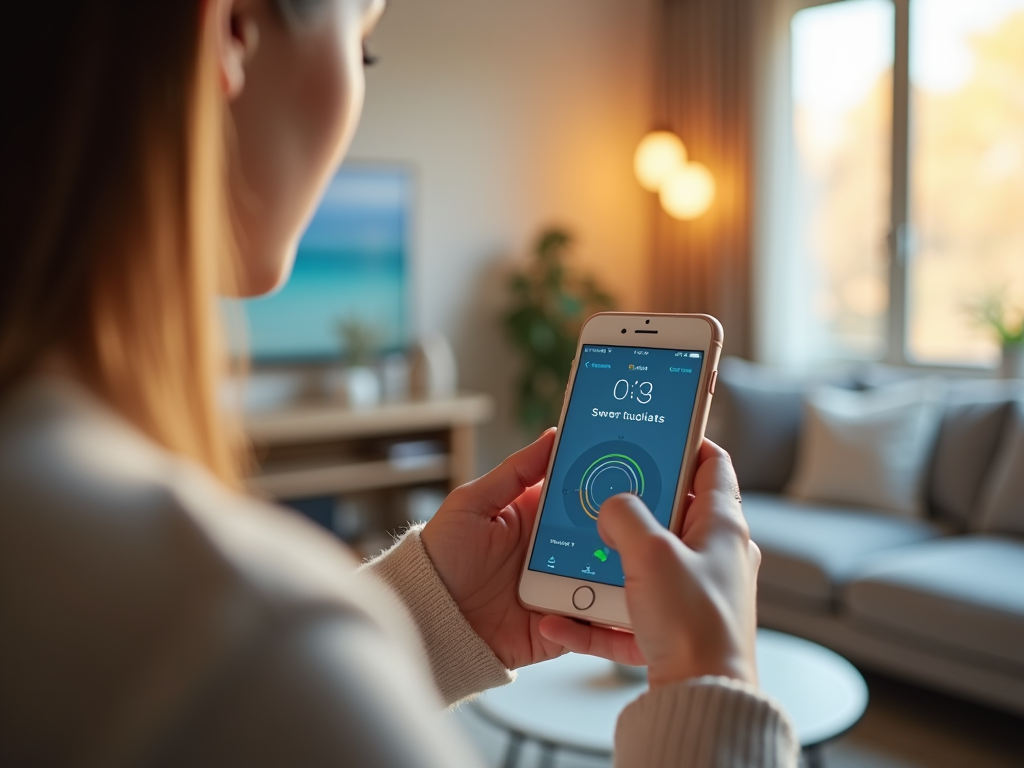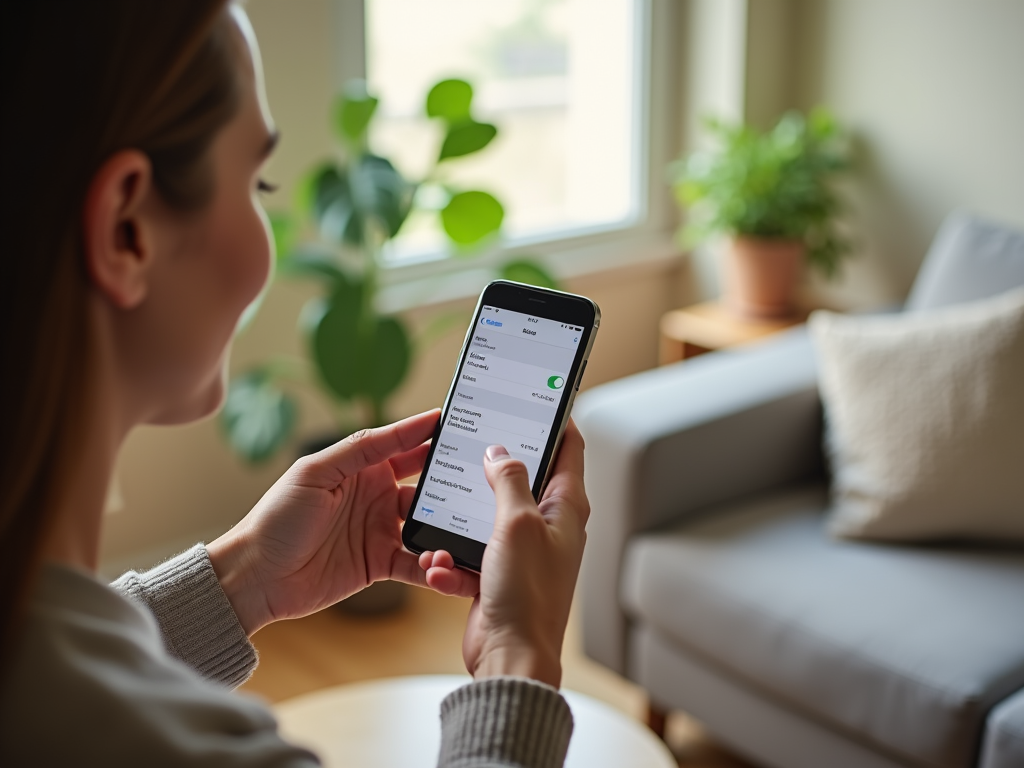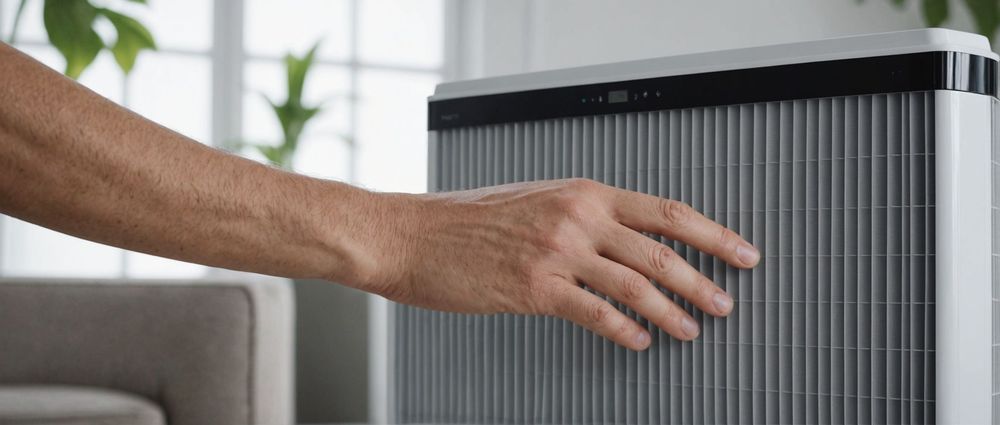In today’s fast-paced digital world, electronics have become an indispensable part of our daily lives. From smartphones to laptops and home appliances, these gadgets make our lives easier and more efficient. But how can you ensure that your electronics last as long as possible? This comprehensive guide will cover tips and strategies to help you extend the life of your electronic devices.
Regular Maintenance

Regular maintenance is essential for extending the lifespan of your electronics. Cleaning your devices periodically can prevent the buildup of dust and grime, which can lead to overheating and performance issues. For example, you can use compressed air to clean out the vents and fans of your computer or vacuum cleaner attachments for larger appliances. Additionally, ensure that software updates are installed as they often come with important security patches and performance enhancements.
Proper Storage
Proper storage plays a crucial role in maintaining the longevity of your electronics. Store devices in cool, dry places to prevent overheating and moisture damage. Using padded or anti-static bags for storage can protect delicate components from physical damage and electrostatic discharge. Keeping devices away from direct sunlight and extreme temperature fluctuations is equally important. Organizing cords and cables using cable ties or sleeves can prevent tangling and fraying, which can cause connectivity issues over time.
Use Quality Accessories
The accessories you use with your electronics can significantly impact their lifespan. Always opt for quality, branded chargers, cables, and batteries that are compatible with your device. Cheap, third-party accessories may save you money upfront but can cause damage to your electronics over time. For instance, low-quality chargers can deliver irregular voltage levels, potentially leading to battery degradation or even device failure. Investing in quality accessories is an investment in the longevity of your electronics.
Avoid Physical Damage
Physical damage is one of the most common reasons for electronic devices failing prematurely. Using protective cases and screen protectors can prevent irreversible damage from accidental drops or scratches. When transporting electronics, always use a padded bag to minimize the risk of impact. Moreover, keep food and drinks away from your devices to avoid spills and stains. Handling gadgets with clean, dry hands can also prevent smudges and residue from causing long-term damage.
Optimize Battery Life
Optimizing battery life is essential for portable electronics like smartphones and laptops. Following manufacturer recommendations for charging cycles can extend battery life considerably. Avoid charging your device to 100% or letting it drop to 0%; instead, keep it between 20-80% for optimal longevity. Unnecessary apps and services running in the background can drain your battery faster, so regularly close or uninstall unused applications. Lastly, enabling battery-saving modes can help lower energy consumption and extend battery life.
- Keep devices clean and dust-free
- Store in cool, dry, and well-ventilated areas
- Use quality chargers and cables
- Protect from physical damage with cases and covers
- Follow best practices to optimize battery life
Conclusion
Extending the life of your electronics doesn’t require complex or time-consuming efforts. With regular maintenance, proper storage, quality accessories, and careful handling, you can significantly prolong the lifespan of your devices. By following these tips, not only will you get the most out of your investment, but you’ll also contribute to a more sustainable environment by reducing e-waste.
FAQs
1. How often should I clean my electronics?
Cleaning frequency depends on the device and environment, but a monthly cleaning schedule is generally recommended for most electronics to prevent dust buildup and overheating.
2. Can I use any charger with my smartphone?
It’s best to use the charger that came with your smartphone or a high-quality, compatible one. Using cheap, third-party chargers can damage your battery and reduce the device’s lifespan.
3. How can I prevent my laptop from overheating?
Ensure proper ventilation by keeping the vents clear of obstructions and using a cooling pad if necessary. Regularly clean the fans and vents to ensure efficient airflow.
4. Should I unplug my electronics when not in use?
Unplugging electronics when not in use can save energy and reduce the risk of electrical surges that can damage your devices over time.
5. How do I know if my battery needs replacing?
If your device’s battery life has significantly decreased or it’s not holding a charge, it may be time for a replacement. Many devices also provide notifications or system diagnostics to alert you when the battery health is declining.



